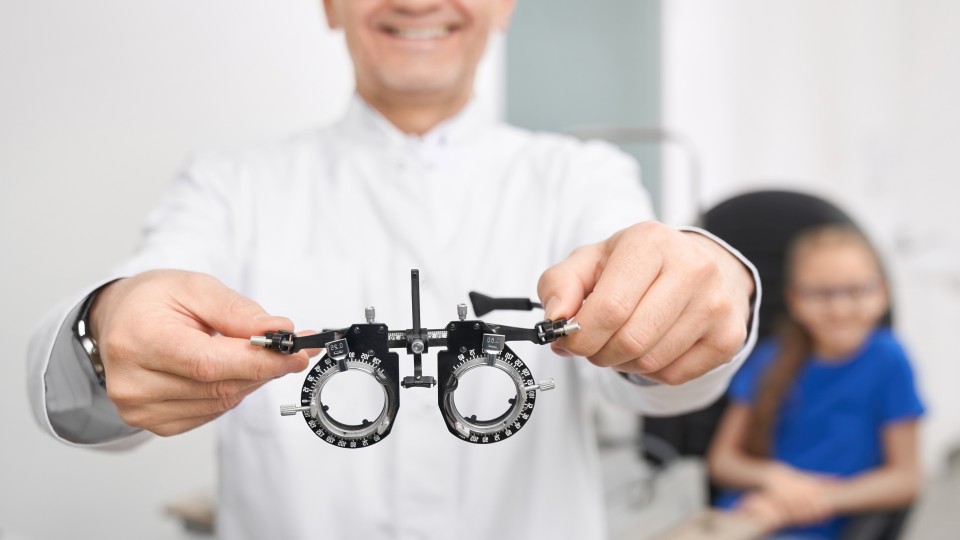Glaucoma: Simple Answers To Important Questions!
09/04/2025

12/01/2024
Optometrists are primary health care professionals who provide primary vision care ranging from sight testing and managing vision problems through various methods like glasses, contact lenses, prisms, low vision devices.
Optometrist visit is important to rule out any potential challenges with patient vision. According to that it will be helpful for Ophthalmologist to counsel the patient for the further treatment like amblyopia, corneal and retinal diseases. According to their vision status, Optometrists will help to correct optimum refractive error and based on that Ophthalmologist can plan for surgery like LASIK and any other procedures.
Optometrist are trained for managing refractive error and binocular assessment. We believe it is important to meet Optometrist before Ophthalmologist so that doctor will get better idea about the vision and we can give detailed report to the patient about their present eye condition.
Optometrist supports Ophthalmologist by performing comprehensive tests and by prescribing appropriate aids such as glasses, contact lens for far sightedness, near sightedness, presbyopia, and other ocular conditions to the patient.
Small refractive error has an impact on quality of vision especially for children which will be corrected by Optometrist.
They perform various diagnostic imaging tests of anterior and posterior parts of eyes that helps Ophthalmologist to diagnose and treat the patient’s eye problem as well as for surgical plans.
In all the clinical set up, its essential to conduct certain tests to find out binocular vision problems and suggest options for the management of the same and help individuals with low vision to maximize their remaining sight and adapt to daily life visual impairment.
Optometrist also does pre and post-surgery evaluation as they have good knowledge about the ocular diseases.